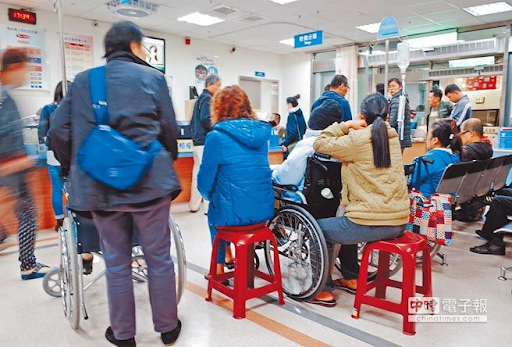A residential drug rehab center is more than just a place to detox or stop substance use. It is a supportive environment where healing happens on many levels. These centers focus not only on breaking addiction but on restoring the whole person—mind, body, and spirit. Holistic healing looks beyond symptoms. It addresses the root causes and fosters lasting recovery. This approach makes a residential setting ideal for deep, transformative change.
Residential Drug Rehab Center Defined
A residential drug rehab center offers 24/7 care and structure. People live onsite for a period, usually weeks or months, receiving constant support. This controlled setting removes everyday distractions and temptations. It creates a safe space to focus fully on recovery. These centers provide a blend of medical, psychological, and social therapies. The goal is to rebuild health and wellness in all areas of life, not just stop drug use.
Physical Healing in a Residential Drug Rehab Center
Physical health is often the first focus in recovery. Substance abuse takes a heavy toll on the body. Detoxification is supervised to manage withdrawal safely. Beyond detox, a residential drug rehab center promotes nutrition, exercise, and rest. Proper diet and movement help repair damaged organs and rebuild strength. Skilled staff monitor medical needs, ensuring any physical complications are treated. Healing the body supports clearer thinking and emotional balance, setting the stage for deeper work.
Mental and Emotional Recovery in Residential Treatment
Addiction disrupts mental health. Anxiety, depression, and trauma often coexist with substance use. A residential drug rehab center provides therapy to address these issues. Individual counseling helps people uncover triggers and learn coping skills. Group therapy builds connection and support with others facing similar challenges. Many programs include trauma-informed care, recognizing the link between past pain and addiction. Healing the mind involves learning new ways to think and feel, which strengthens resilience.
Spiritual Wellness Within Residential Drug Rehab Center Programs
Holistic healing includes spiritual wellness. This does not necessarily mean religion. It is about finding meaning, purpose, and connection beyond oneself. Residential drug rehab centers often offer mindfulness practices, meditation, or yoga. These activities cultivate inner peace and self-awareness. Some programs include spiritual counseling or exploration to help people reconnect with values and hope.
Social Support and Life Skills Development
Living in a residential drug rehab center fosters a sense of community. Isolation often fuels addiction, so rebuilding healthy relationships is vital. Group sessions, recreational activities, and shared meals create bonds. Residents learn how to communicate effectively and set boundaries. Many programs teach practical life skills like job readiness and financial management. These tools prepare people for success outside the center. Support networks built here often last well beyond treatment.
Ongoing Aftercare and Holistic Healing Beyond Rehab
Holistic healing does not end when someone leaves a residential drug rehab center. Aftercare plans are crucial. These may include outpatient therapy, support groups, or sober living arrangements. Maintaining the physical, emotional, and spiritual practices learned in rehab helps prevent relapse. Continued connection with counselors and peers provides encouragement during tough times. This ongoing care completes the cycle of healing and supports long-term sobriety.
Conclusion
A residential drug rehab center is uniquely equipped to support holistic healing. It offers a safe, structured environment where people heal physically, mentally, emotionally, and spiritually. Through comprehensive care and community support, residents rebuild their lives from the inside out. This all-encompassing approach increases the chances of lasting recovery. For anyone facing addiction, such a center can be a powerful place to start fresh and thrive.






